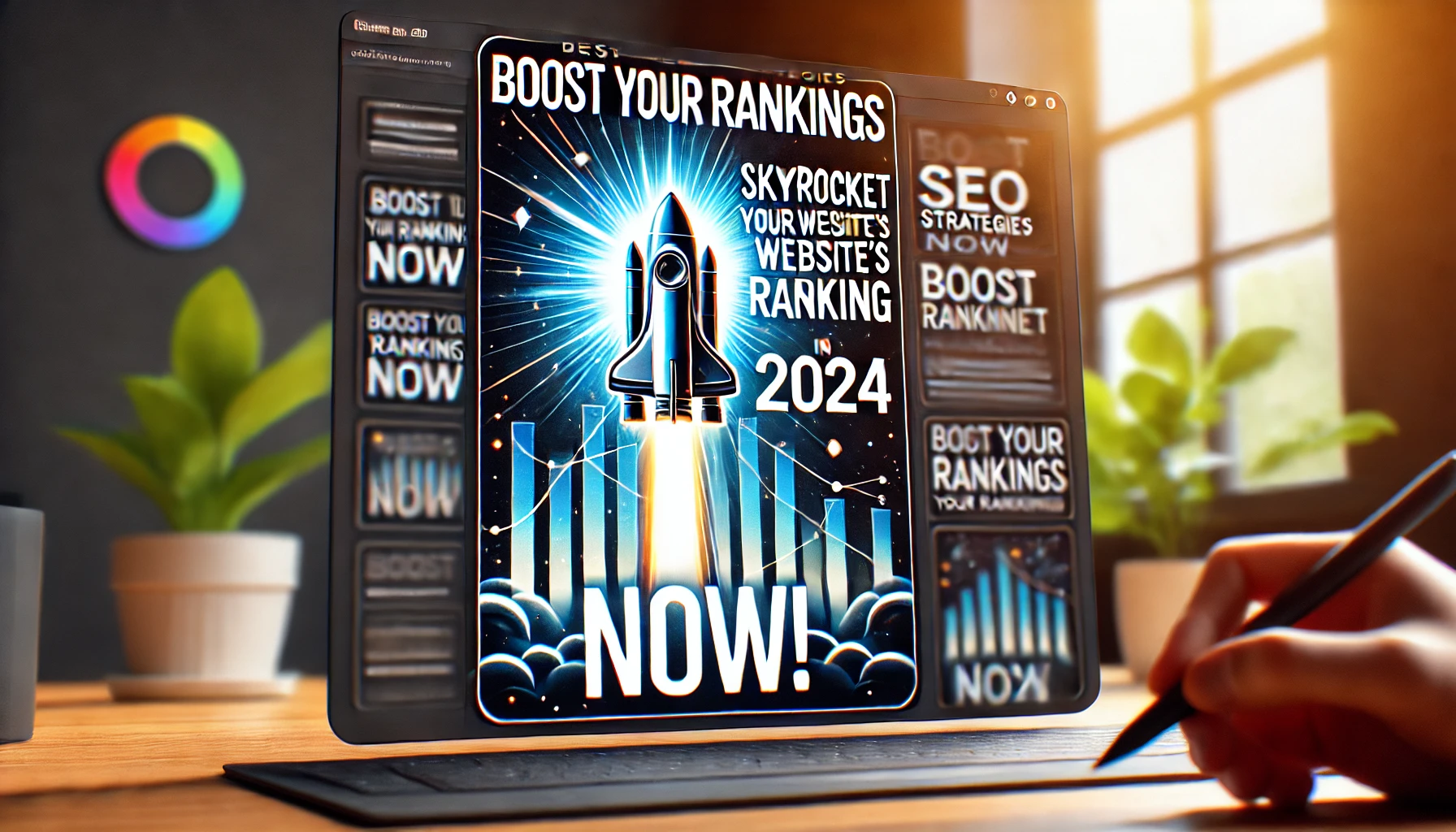
Introduction: Off-page SEO plays a crucial role in improving a website’s visibility, credibility, and organic search rankings. It focuses on strategies and techniques that occur outside the website itself.
- Understanding Off-Page SEO:
1.1 Definition of Off-Page SEO:
- Off-page SEO refers to activities undertaken outside your website that influence its search engine rankings.
- It includes building high-quality backlinks, enhancing brand reputation, and increasing online mentions and engagement.
1.2 Importance of Off-Page SEO:
- Search Engine Authority: Off-page SEO signals, such as backlinks from authoritative websites, contribute to a website’s authority and relevance in search engine rankings.
- Organic Rankings: Off-page SEO factors heavily influence organic search rankings, as search engines consider external signals when determining a website’s position in search results.
- Key Off-Page SEO Strategies:
2.1 Link Building:
- Quality Backlinks: Acquire backlinks from authoritative, relevant, and trustworthy websites to boost your website’s credibility.
- Guest Blogging: Contribute valuable content to reputable websites in your industry and include a link back to your website.
- Broken Link Building: Identify broken links on high-quality websites and suggest your content as a replacement, creating opportunities for new backlinks.
2.2 Social Media Engagement:
- Build a strong presence on social media platforms to increase brand visibility, engage with your audience, and generate traffic to your website.
- Collaborate with influential individuals or brands in your industry to expand your reach and gain exposure to their followers.
2.3 Online Reputation Management:
- Encourage positive reviews on reputable platforms to enhance your brand’s reputation and credibility.
- Monitor and engage with online mentions of your brand to maintain a positive image and address any concerns or feedback.
- Content Marketing and Promotion:
3.1 Valuable Content Creation:
- Develop high-quality, informative, and engaging content that resonates with your target audience and provides value.
- Utilize different formats such as infographics, videos, guides, and industry reports to capture attention and encourage sharing.
3.2 Outreach and Relationship Building:
- Promote your content by reaching out to relevant websites, bloggers, and influencers in your industry.
- Collaborate with industry peers or influencers on content creation, co-authoring articles, or conducting joint webinars to leverage their audience and expand your reach.
- Local SEO and Business Directories:
4.1 Local Citations and Directories:
- Submit your business information to reputable local directories and citation platforms to improve your visibility in local search results.
- Ensure accurate and consistent NAP (Name, Address, Phone Number) information across all platforms.
4.2 Google My Business:
- Create and optimize your Google My Business profile, including relevant information, photos, and customer reviews.
- Regularly update your profile with posts, announcements, and events to increase engagement and visibility.
- Monitoring and Analytics:
5.1 Backlink Analysis:
- Regularly monitor and analyze your backlink profile to identify toxic or low-quality links that could harm your website’s reputation and rankings.
- Disavow harmful links using Google’s Disavow Tool to signal search engines to ignore them.
5.2 Traffic and Engagement Analysis:
- Utilize web analytics tools to track and analyze website traffic, user behavior, and engagement metrics.
- Identify pages with high bounce rates and optimize them to improve user experience and conversions.
5.3 Online Mentions and Brand Monitoring:
- Monitor online mentions of your brand or targeted keywords using social listening tools.
- Respond promptly to mentions, whether positive or negative, to maintain a positive brand reputation and address customer concerns.
Conclusion: Off-page SEO is a critical component of a comprehensive digital marketing strategy. By implementing effective off-page SEO strategies, you can enhance your website’s online presence, boost its authority, and attract targeted traffic. Remember to focus on building high-quality backlinks, engaging with social media, managing your online reputation, creating valuable content, and leveraging local SEO opportunities. Regularly monitor and analyze your performance using web analytics tools and stay updated with the latest trends in the ever-changing landscape of SEO. By mastering off-page SEO, you can position your website for long-term success and achieve higher visibility in search engine results, ultimately driving growth and achieving your digital marketing goals.


